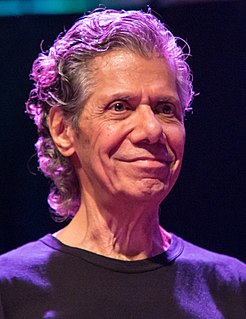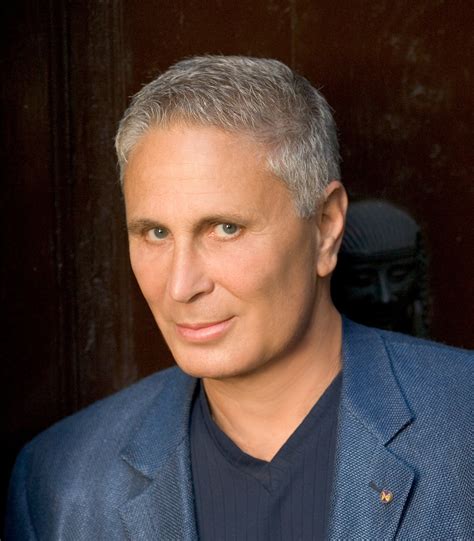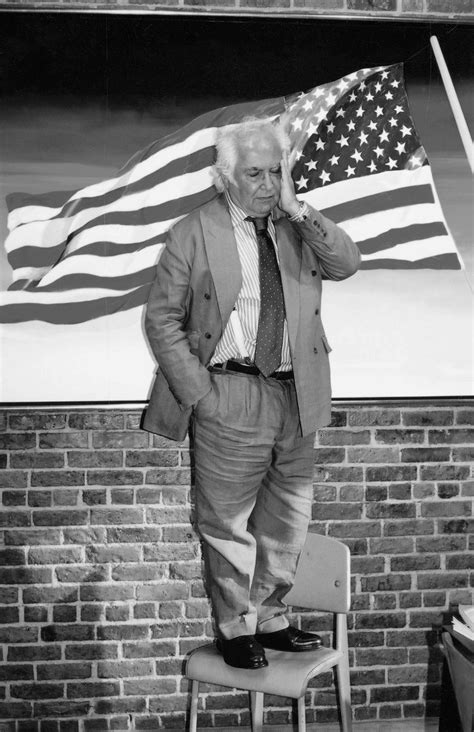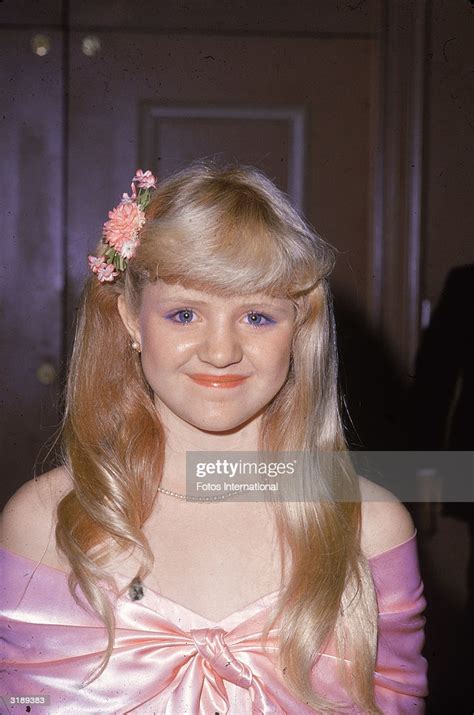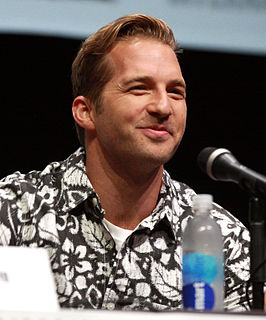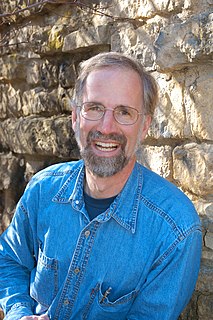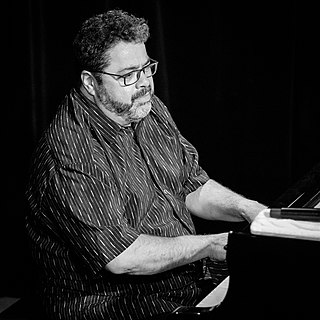A Quote by Chick Corea
If I had to look at 'Now He Sings'... from outside myself, I see it as a natural part of the growth of the jazz culture, which I've always been so happy - honored, really - to be a small part of.
Related Quotes
When I consider the small span of my life absorbed in the eternity of all time, or the small part of space which I can touch or see engulfed by the infinite immensity of spaces that I know not and that know me not, I am frightened and astonished to see myself here instead of there … now instead of then.
I was lucky enough to have had great success early on in life; to have had all the things the material world can offer. And yet, I realized that what I had actually neglected was the more spiritual side of myself, which has always been there. But it's easy for us in our culture to become consumed in a sense by materialism. Now materialism is fine. We live in a material world. I'm not saying that beautiful things don't enhance our lives. But, in our culture, we're never happy.
I'm happy that the evolution of art in the past 25 years, and the place of art in global culture-and even finance-has gotten to be so important. One thing I'm really proud of is the fact that now anybody can do anything. The work can be small or large, painting or sculpture, whatever it might be-it's all viable, and it can come from any part of the world. So the idea of democracy has really taken hold.
It has been remarked that almost every character which has excited either attention or pity has owed part of its success to merit, and part to a happy concurrence of circumstances in its favor. Had Caesar or Cromwell exchanged countries, the one might have been a sergeant and the other an exciseman.
A good part of why I never went back to England was part of that, I didn't want to be in those sort of flowery films. But I think it's a nice change of pace-I don't know how long it'll go for. There will always be the Merchant-Ivory/Kenneth Branagh movies, but there's something else now-really, it's always been there but the Americans getting to see it makes all the difference.
By seeing the otherness in that which is most unfamiliar, we can learn to see it too in that which at first seemed merely ordinary. If wilderness can do this - if it can help us perceive and respect a nature we had forgotten to recognize as natural - then it will become part of the solution to our environmental dilemmas rather than part of the problem.
I mean, part of the justification for art is art history, the fact that you're part of this tradition. You can't really operate outside of it. So looking for what this work is really about, if I look at Velázquez, if I look at Las Meninas or The Tapestry Weavers [1657] or something and really study it and try to figure out what that painting is really about, then I find relationships between what I'm trying to do and what he was doing.
